Once upon a time the average person didn’t need to know too much about nutrition. They ate food because that’s what was available. Since then food science has taken a turn into the obscure with artificial, super-refined, and processed sweeteners, colors, flavors, and fillers which have created food-like edibles in place of real food. It is essential to wellness that everyone who eats has a basic understanding of nutrition and what constitutes real food.

Most people are familiar with the Standard American Diet (SAD) which is characterized by higher intakes of red and processed meat, butter, high-fat dairy products, eggs, refined grains, white potatoes, french fries, and high-sugar drinks. The typical American diet is about 50% carbohydrate, 15% protein, and 35% fat. (source)
If you don’t concern yourself with nutrition and you just eat what is made available in America, the SAD is more than likely what you will consume from grocery stores, restaurants, convenient stores, and fast-food establishments.
If SAD is the Standard American Diet then what is the SVD? The SVD is the Standard Vegan Diet. If you don’t concern yourself with nutrition and you just eat what is made vegan and available in America, the SVD is more than likely what you will consume.
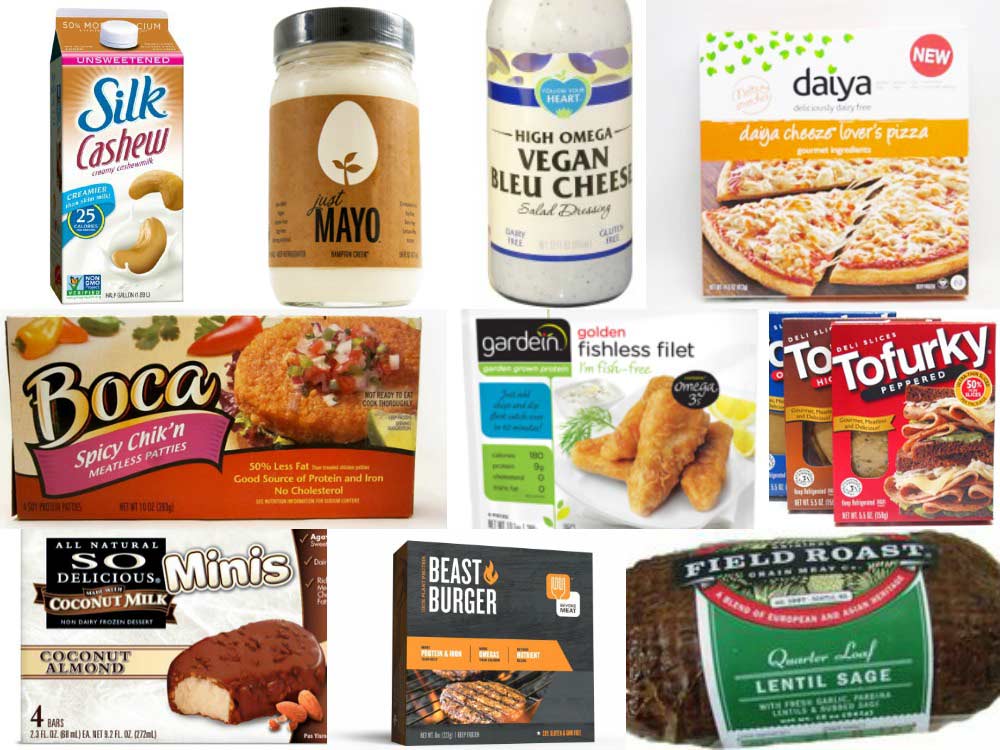
What does this mean? It means that basically anything that is available on the SAD, there is a vegan equivalent. Take a look at some of the samples below.
| SAD | SVD |
|---|---|
| Hamburger | Veggie Burger |
| Chicken Nuggets | Chik'n Nuggets |
| Pizza | Vegan Pizza |
| Hotdog | Tofu Dog |
| Cheese | Vegan Cheese |
| Cup/cake | Vegan cup/cake |
| Cookies | Vegan Cookies |
| French Fries | French Fries |
| Scrambled Eggs | Scrambled Tofu |
| Bacon | Vegan Bacon |
| Ice Cream | Nice cream |
| Milk | Plant milk |
| Yogurt | Plant yogurt |
| Doughnuts | Vegan doughnuts |
| Candy | Vegan candy |
| Mayonaise | Vegan mayo |
The only SAD food items that don’t have equivalents on the SVD are steaks (cow, chicken, pig, fish) and whole eggs (fried, boiled). But that could change as food science advances. There are vegan egg substitutes that can be used in baking.
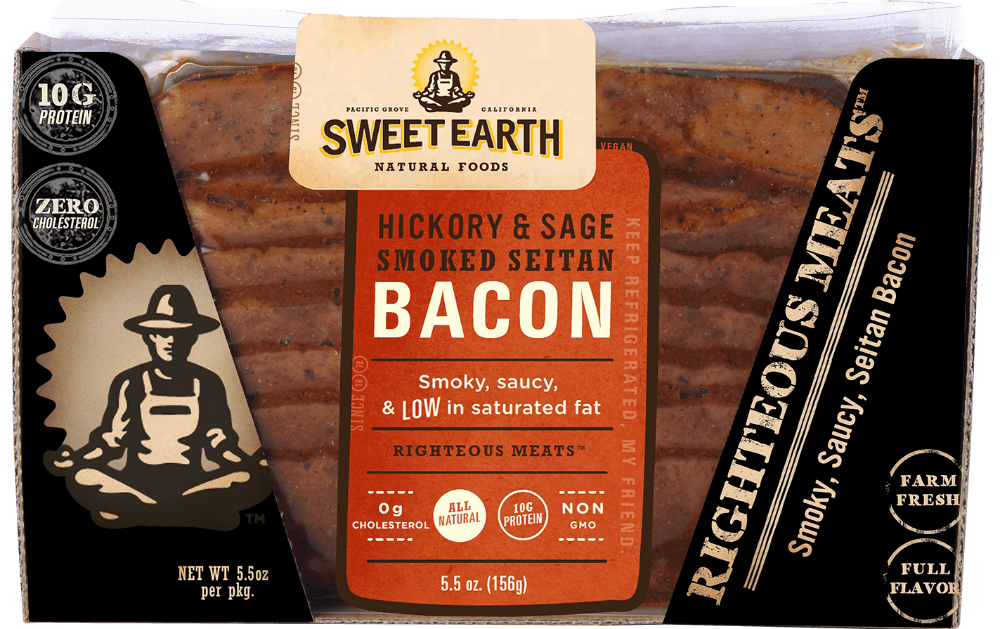
Choosing the SVD over the SAD is kinder towards animals and easier on the planet, however it’s not necessarily healthier for your body. Vegan equivalents (analogs) that help people wean off the SAD are crucial for transitions but they can’t be recommended for long-term health or reversing chronic diseases. The benefits of not consuming animal cholesterol and saturated fat can be overshadowed by the consumption of omega-6 oils, isolates, and other refined and overly-processed plant ingredients.
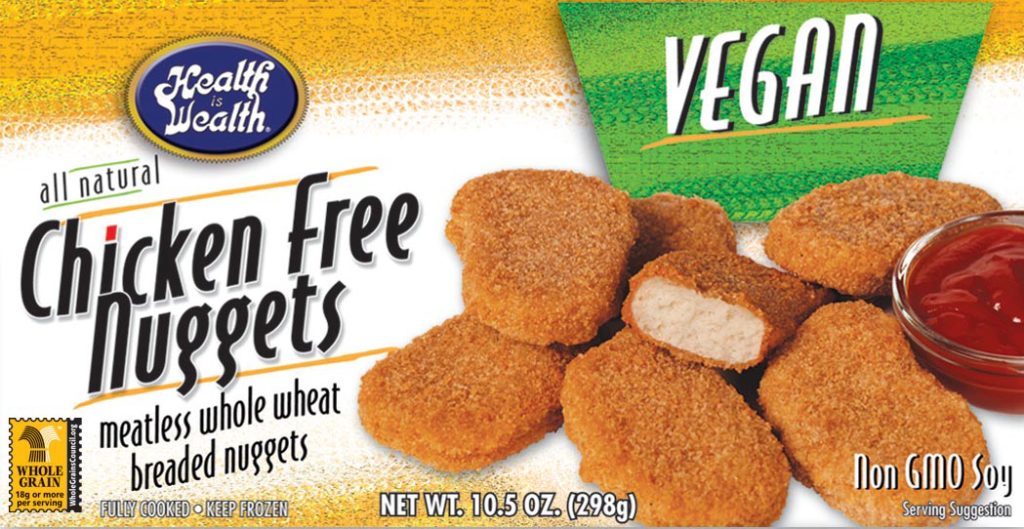
The vegan diet recommended by medical nutritionists for long-term health, chronic disease reversal, and disease prevention is a low fat, whole food, plant-based (WFPB) diet. The SVD can be a great first step away from the SAD toward a more wholesome WFPB lifestyle. Whole fruits, vegetables, grains, legumes, tubers, nuts, fungi, and seeds have always been vegan and have always been good for you as long as they are not fried or drowning in added fat, sugar, or salt.
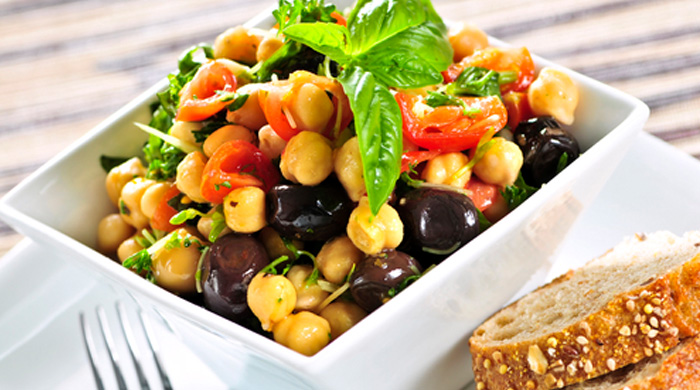
In summary, vegan does equal compassionate toward the animals and more friendly toward the environment, yet vegan does not automatically equal healthy for the human body. In fact, many studies that scrutinize vegan diets choose subjects who are on the SVD not a WFPB diet whereby extracting data that does not favor the adoption of a vegan diet. Don’t be fooled! Not all vegan diets are the same and not all vegans enjoy the same level of health.
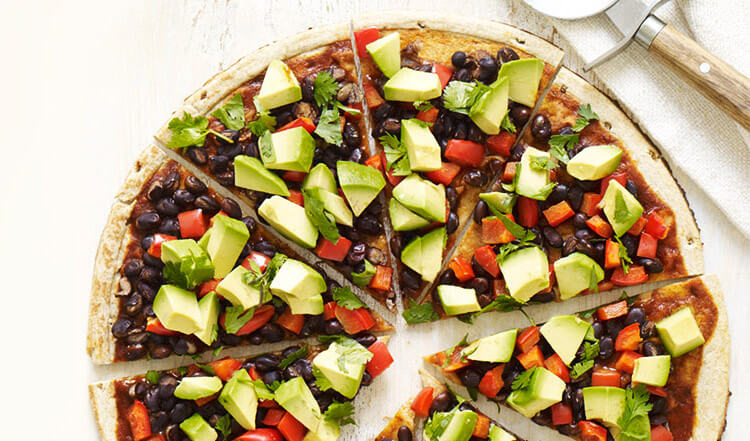
Fast, processed, refined junk food whether it is vegan or not needs to be avoided if you are pursuing long-term wellness, health recovery, and freedom from disease. The WFPB is the only diet ever scientifically proven to reverse heart disease. Based on this fact alone, it’s a diet more of us need to consider in light of heart disease being American’s #1 leading cause of death. Your health freedom is in your hands. (source)
Additional Resources
• The Dangerous World of Organic Vegan Foods
• Vegan Does NOT Equal Healthful (Photos)
• Toward Veganism: Go Paleo, Not Vegetarian First
• Getting Started on a Low Fat, Whole Food, Plant-Based Diet

{ 0 comments… add one now }
{ 1 trackback }